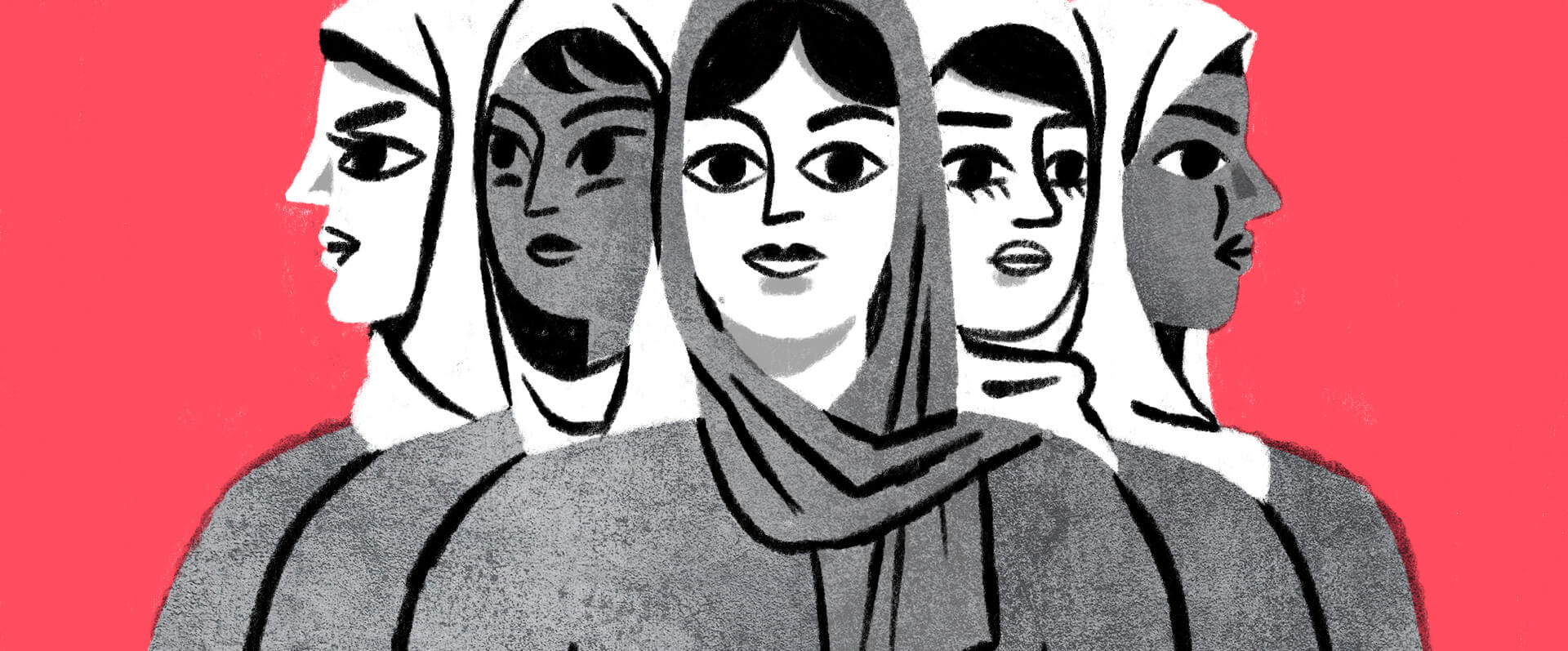
Image credit unwomen.org/en/news
By Naz Dana 22 December 2022
After returning to power in July 2021, the Taliban announced the formation of an all-male-
dominated cabinet, formally known as the Islamic Emirate of Afghanistan. The Taliban takeover, has caused widespread concerns amongst the international community due to the group`s dubious human rights record during their previous rule (1996-2001). The formation of the Islamic Emirate and the Taliban`s rigid policies regarding women’s rights have intensified concerns amongst the international community. Contrary to its claims of imposing moderate Islamic rules, Afghan society is still under harsh rules, affecting every aspect of the Afghan people, particularly the Afghan women who constitutes almost half of the population of Afghanistan.
The Taliban has failed to impose policies that comply with international law and convince the international community to grant legitimacy to their government. The international community has refused to grant legitimacy to the Taliban government, mainly because of their human rights record and the fact that the group has not met the obligations set by international law for recognizing a government. According to a UN report, the Taliban has not significantly changed its position on women’s rights. Women still have limited access to education, humanitarian assistance, employment, justice, and health services.
Since the formation of the United Nations, equality between men and women has been one of the most important and ultimate assurances of human rights. Adopted in 1945, the Charter of the United Nations sets out as one of its goals “to reiterate a belief in fundamental human rights, in the poise and value of the human person and the equal rights of men and women”. Keeping in view the status of Afghan women before the Taliban takeover back then in the 1990s when the Taliban brutally imposed restrictions on afghan women socially, economically, and most importantly banning them from getting education and jobs and imposing the burqa forcibly. Comparatively, the current circumstances for afghan women have worsened, the initial promises which were made by the Taliban about girls’ education and women’s mobility were just thedeceptions that they made to grab the attention of the international community for recognition.
Moreover, the fall of Kabul has made the lives of Afghan women tough in so many cases,
including access to education, and jobs, holding no cabinet, and being denied essential services if the women are unchaperoned. The total population of Afghan women in Afghanistan is 48.7% almost half of the population but unfortunately, there is no female representation in the Taliban`s government. If we compare the literacy rate of Afghan women a year before the Taliban takeover and now it has drastically declined to the lowest of 17%, whereas the Taliban had already claimed about girls’ education is mandatory. There is no denying Afghanistan has been the kind of society where male dominancy
and early child marriages existed for a long period, but since the Taliban has come to power, the socio-economic conditions of Afghan women are getting worse. The ratio of early-age marriages has increased, and educational institutions have closed in many areas of Afghanistan.
In addition, when it comes to the economic empowerment of Afghan women the situation is even worsening, women are discouraged from running businesses and most of the shops that were run by the women in Kabul are closed such as beauty salons which is a great source of income for a woman to run a family and grow financially. Despite self-finance assistance, empowering women economically means boosting the country’s economic level which now results in the downfall of the Afghanistan economy.
The lives of Afghan women under the current Taliban regime have been pushed towards an even more difficult position. Before the Taliban takeover, it was hoped that the afghan women would come out from the difficulties caused by the previous Taliban rule. The establishment of an Islamic emirate in Afghanistan is again putting the lives of Afghan women in a difficult situation. Taliban have failed to impose moderate Islamic rules and formation of an inclusive form of government. Taliban needs to moderate their positions on the issue of human rights and show flexibility in dealing with afghan society. Most importantly, they need to portray the real picture of an Islamic society that guarantees human rights, gender equality, and social justice.
The Author is working as an Assistant Research Fellow in Balochistan Think Tank Network (BTTN) at BUITEMS Quetta.
